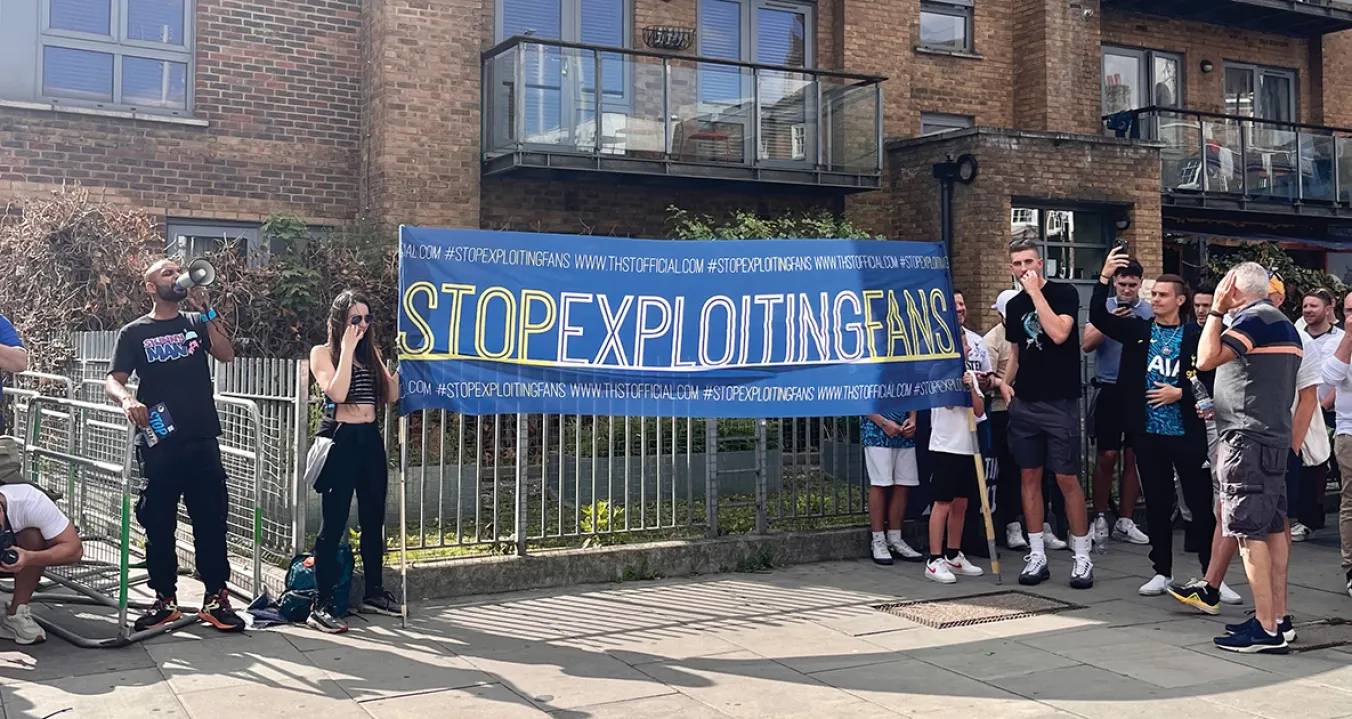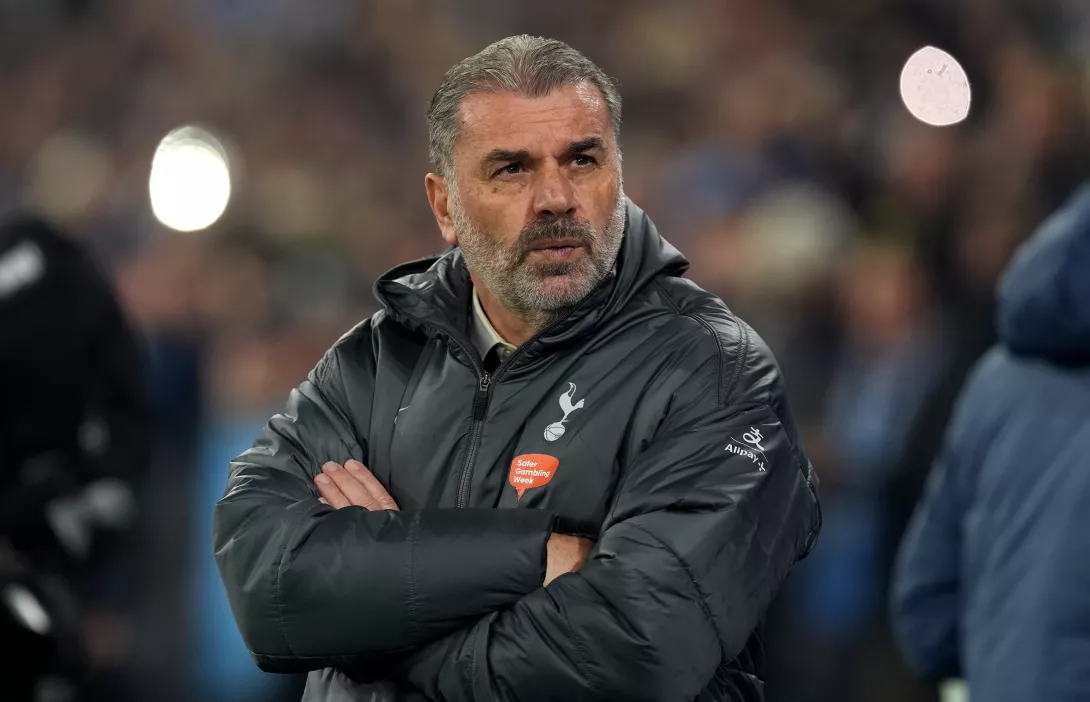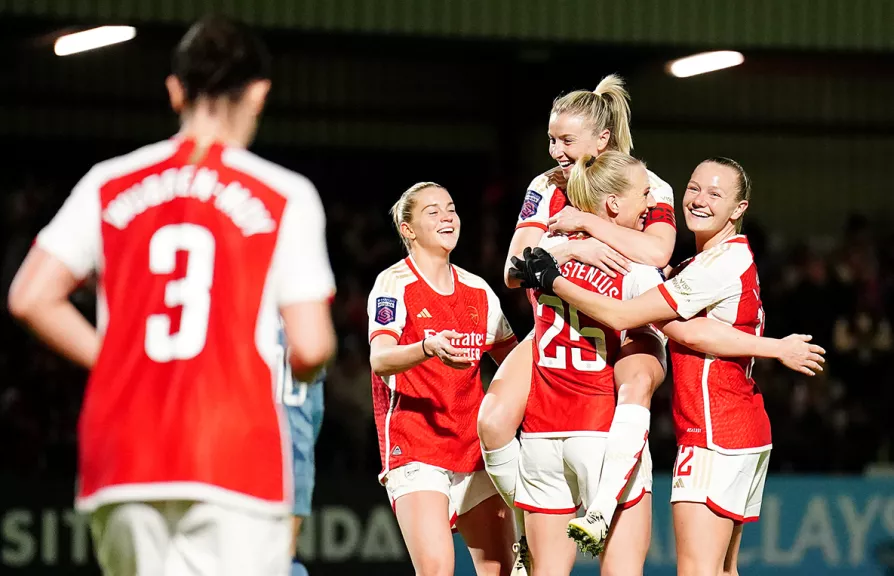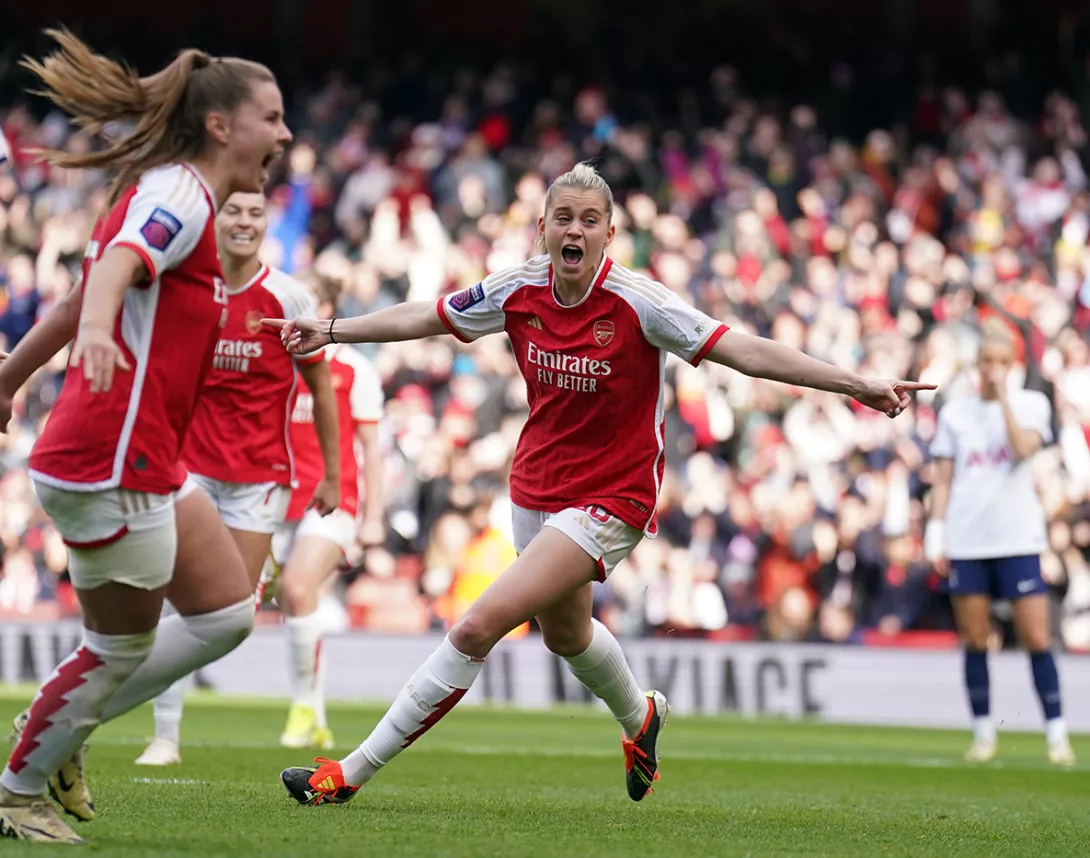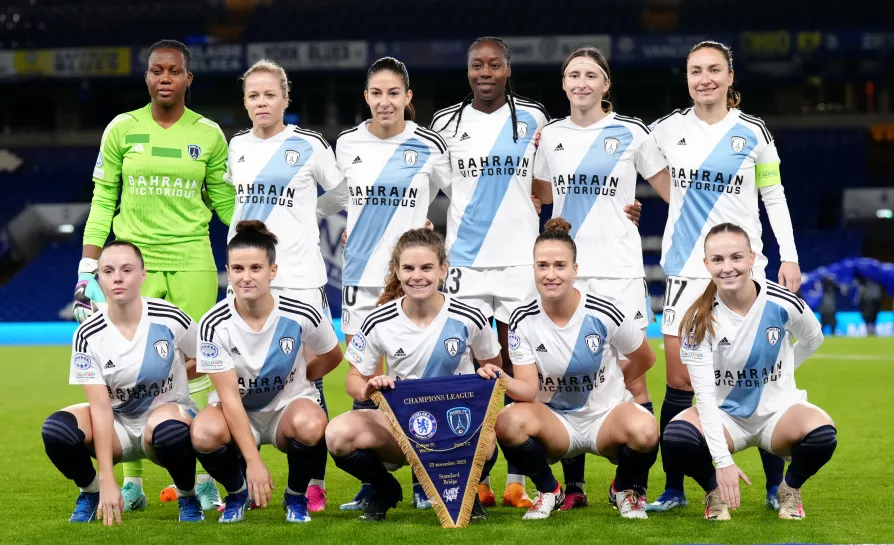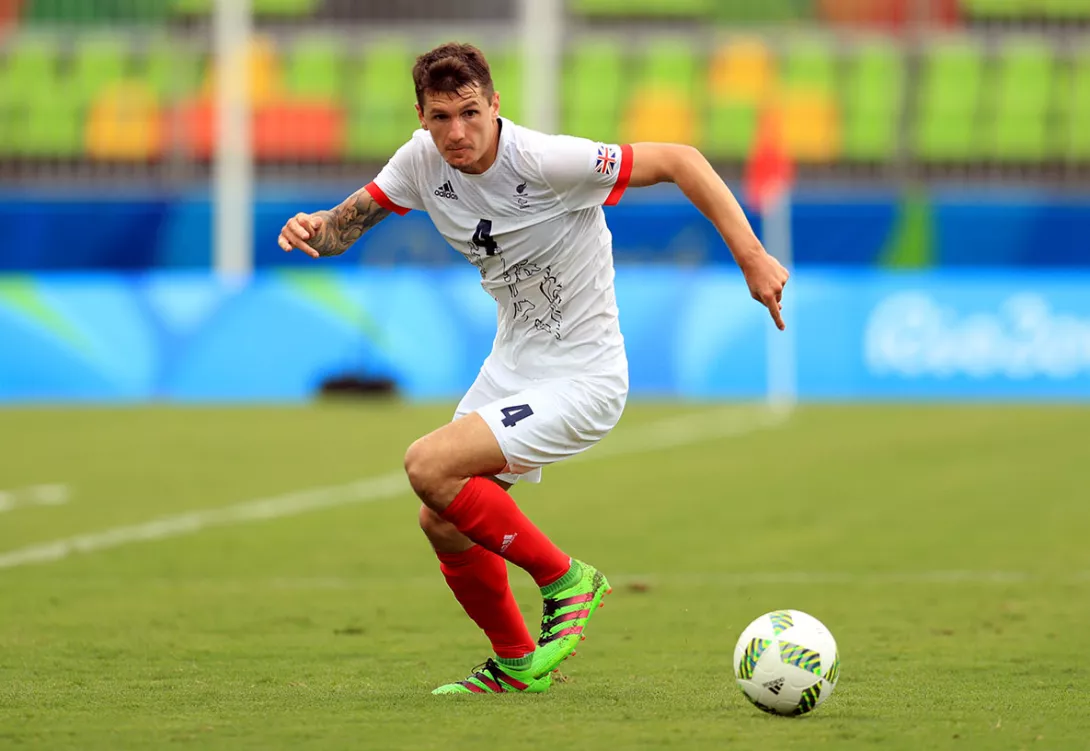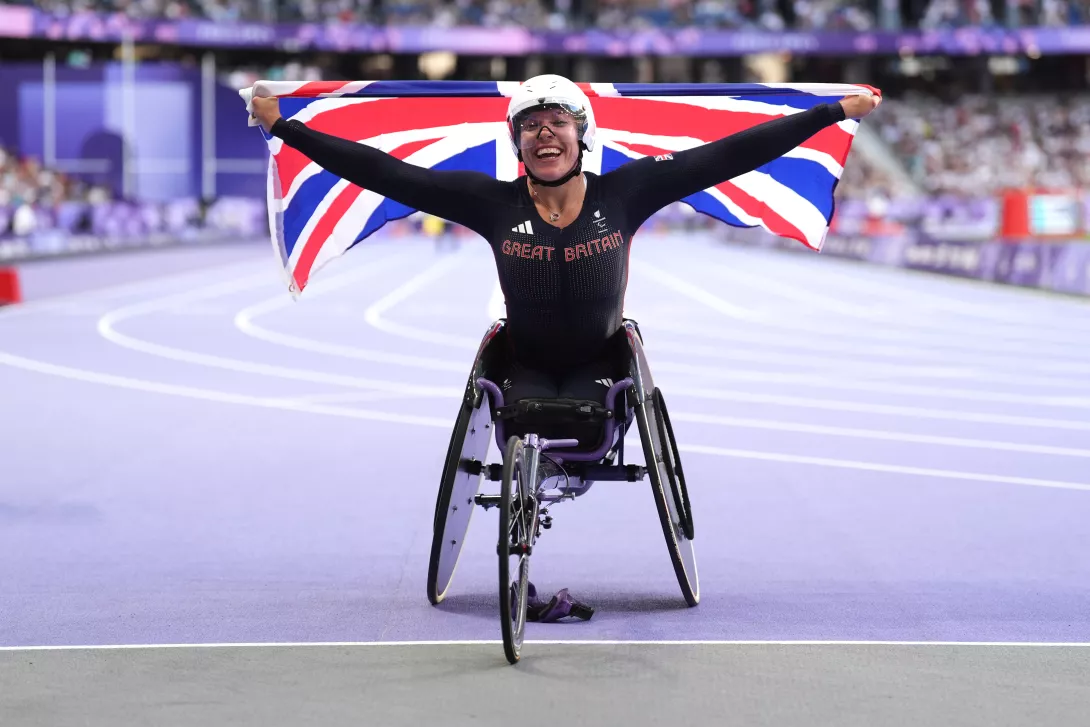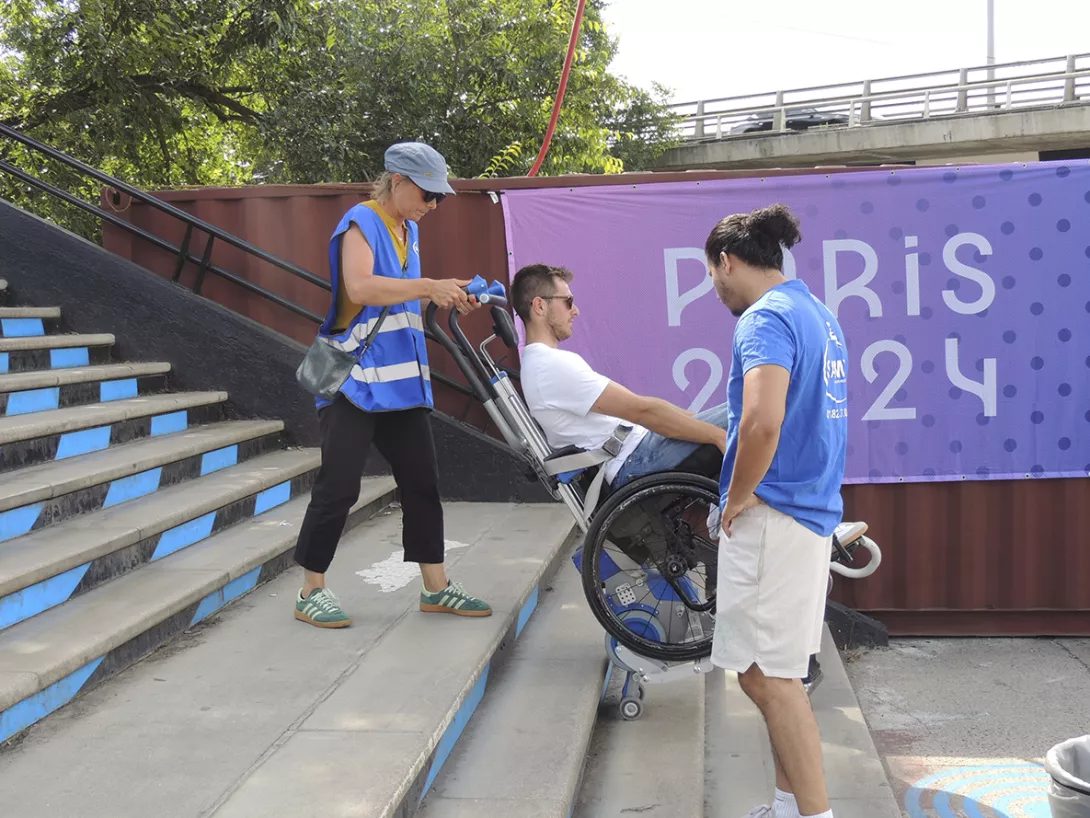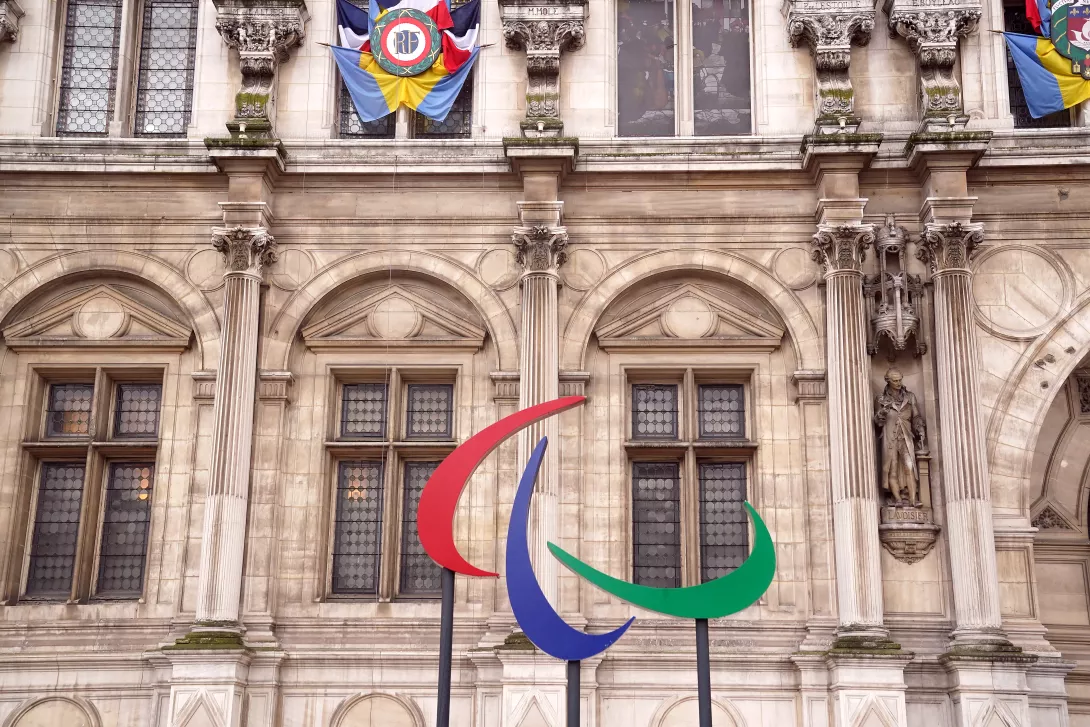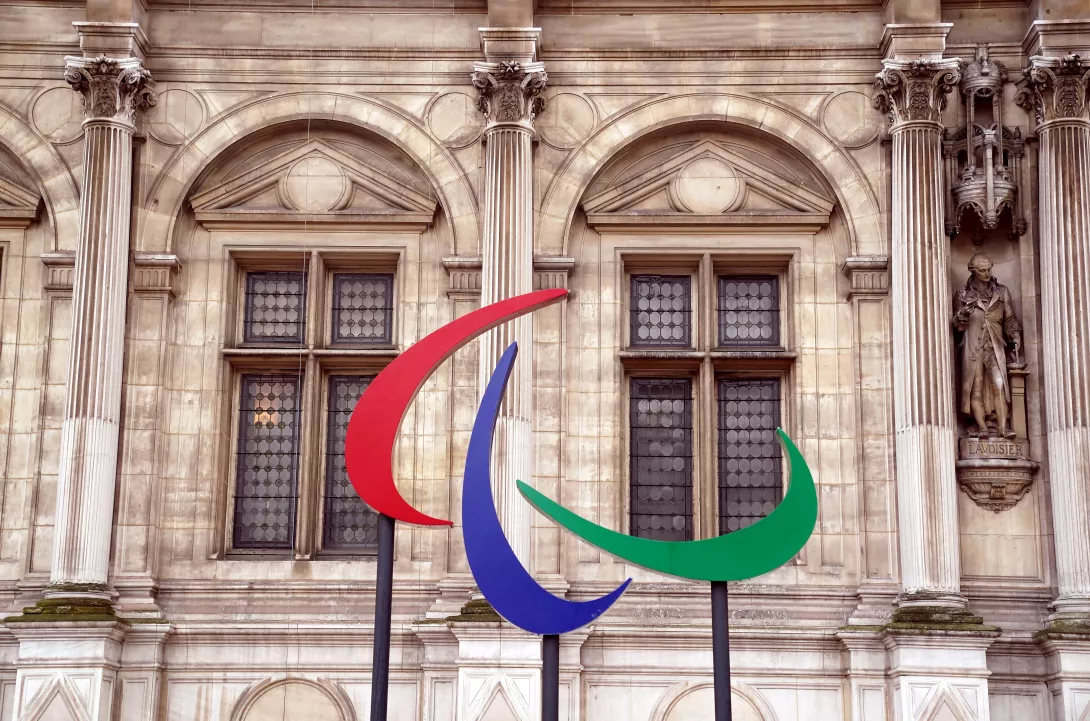
ACCESSIBILITY to sport for people with learning disabilities has improved since London’s 2012 Olympics, but more needs to be done in the continuing push for equality, according to former England cerebral palsy footballer Jordan Smith.
With the 2024 Paralympics set to open in Paris in a week’s time, disability sport will soon be centre stage again.
Data from Sport England’s latest Active Lives Adult Survey shows disabled people or those born with a long-term health condition are twice as likely to be physically inactive (43 per cent), compared to those without (23 per cent).
Dimensions – one of the country’s largest not-for-profit organisations supporting people with learning disabilities, autism, behaviours of distress and those with complex health needs – recently conducted its own survey examining opportunities to take part in sport.
Of the 62 representative respondents with learning disabilities and autism, over 90 per cent felt more should be made available.
Smith, who is health equalities lead and quality consultant at Dimensions, feels while there has been progress on inclusion, the drive for equality across the board must continue.
“A lot of it is around accessibility, getting into the buildings and also not allowing their support staff to join in,” Smith, who also has mild learning disabilities, told the PA news agency.
“If you take somewhere like the cinema, then carers are allowed to watch the movie with you.
“If carers and support staff were allowed to join in with activities in the gym, then a lot of people with learning disabilities and autism would go more.
“Some of my friends who don’t use words and have more needs than I have, they would never be able to access a gym without support.
“We had London 2012 and there have been some improvements to disability and access, with the legacy from the Games, particularly around more visibility with people knowing what the different conditions and learning disabilities are.
“Swimming is a lot more accessible now, as is cycling, so we have got better.
“But a lot of the people that we support at Dimensions have to have someone with them, and that can sometimes be a barrier to get them into places.
“Sometimes one of the barriers is cost, because you might go to the gym by yourself and it costs you £5 – but if I am going to support you, it might be £10, so then we are doubling the cost.
“Also a lot of the people who we support need their own transport or bigger vehicles, or it might be taking two buses to get somewhere. So we are almost there, but there are still little tweaks we need to make.”
Smith won 25 caps for the England cerebral palsy football team, playing at the 2005 CPISRA World Championships in the United States as well as the European Championships.
The 38-year-old helps run coaching sessions for youngsters with autism, which includes having different shaped balls and also ones that make noises.
